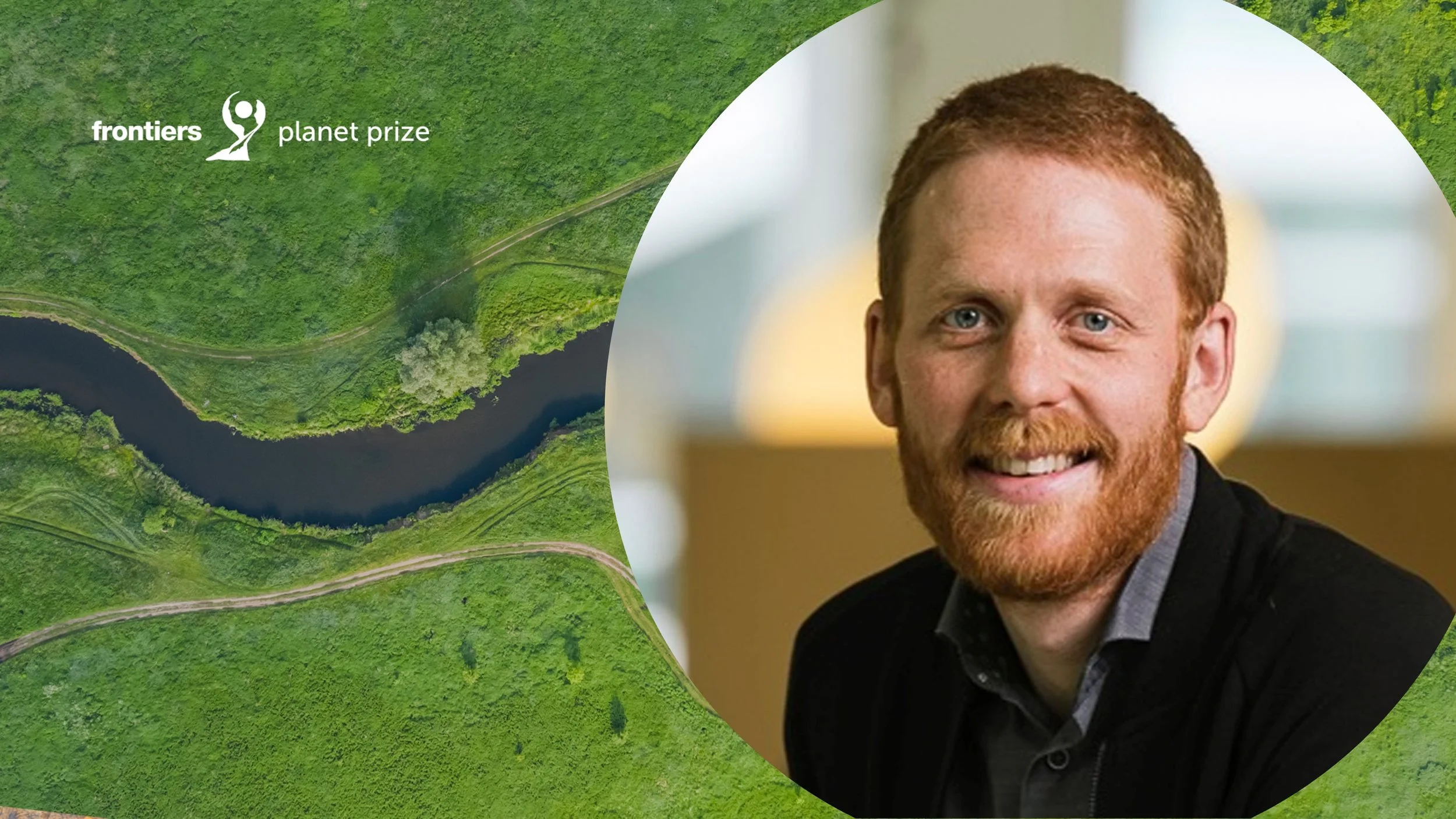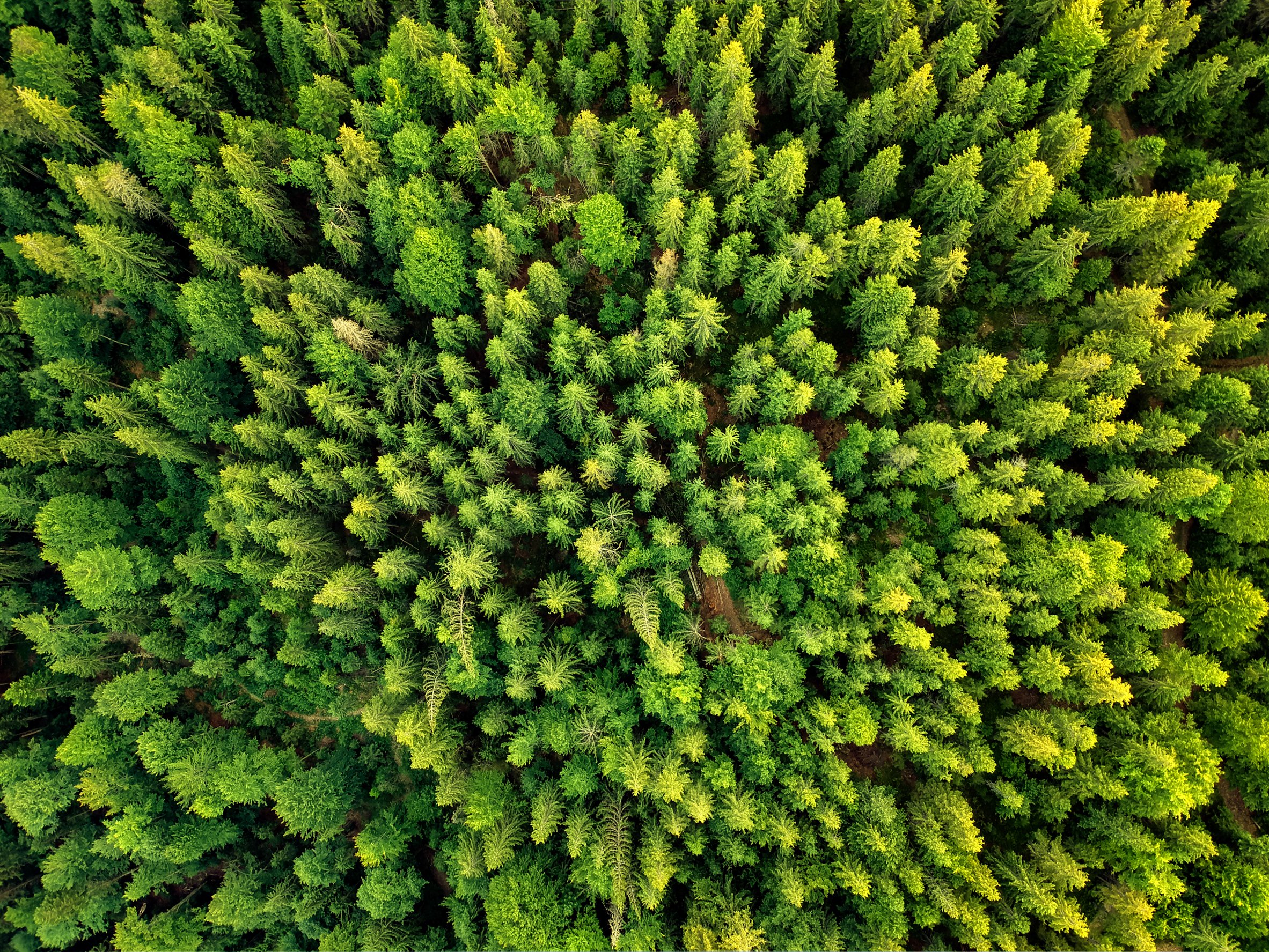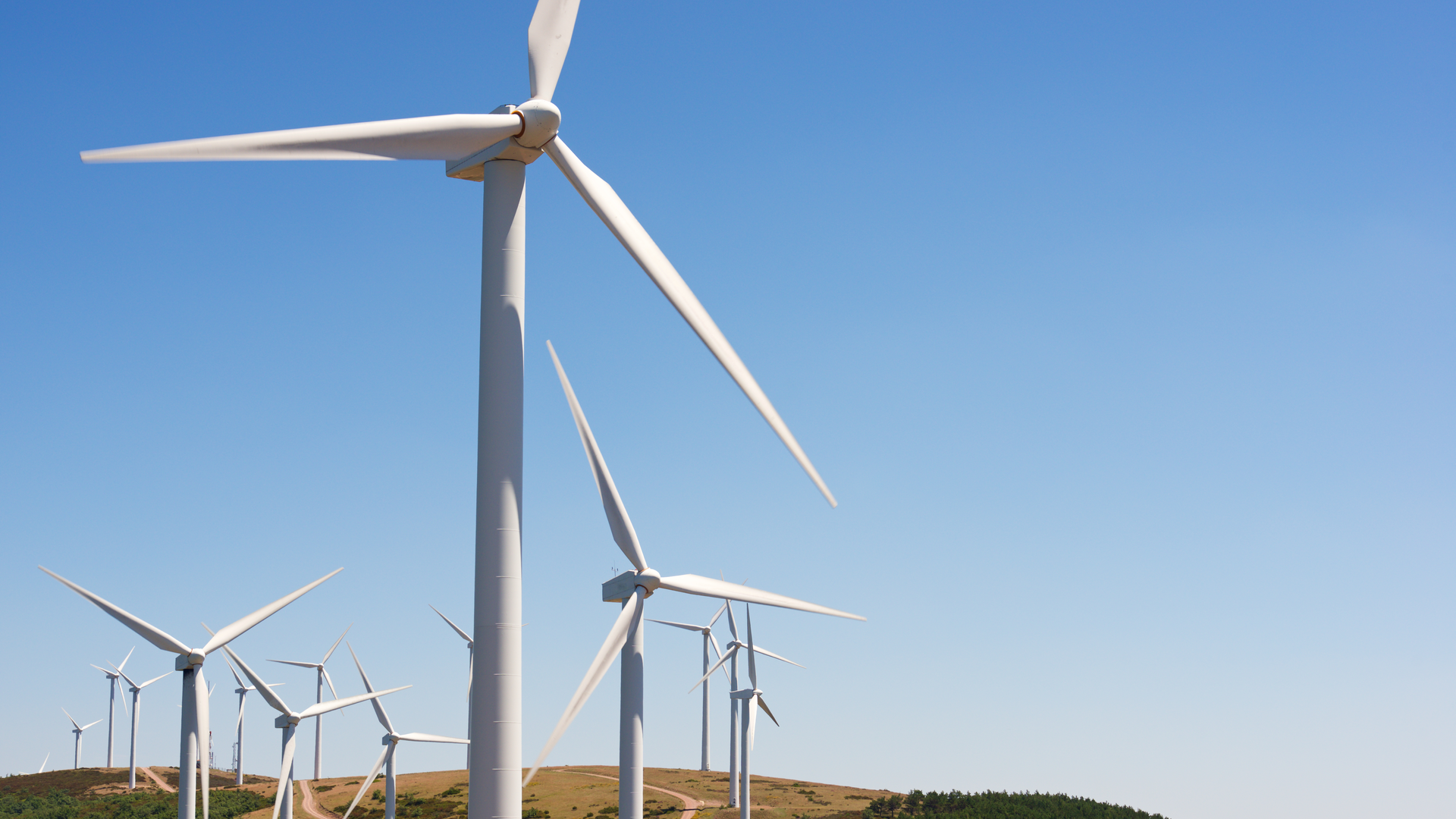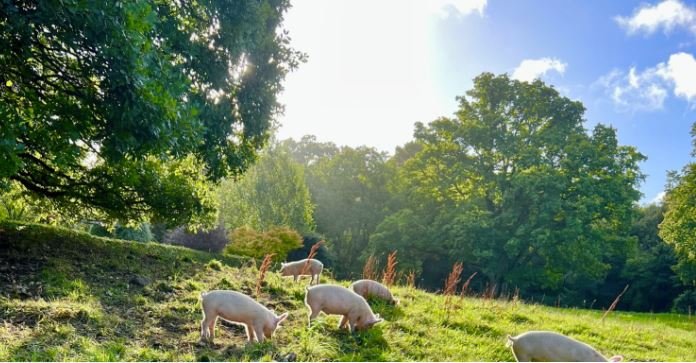News on the Frontiers Planet Prize

The Frontiers Research Foundation explores the transformational power of science at INGSA 2024
The Frontiers Research Foundation is an official sponsor of INGSA 2024: The Transformation Imperative, the fifth international conference of the International Network for Governmental Science Advice (INGSA) which will be held. 30 April – 3 May 2024 in Kigali, Rwanda. The conference will focus on transformation, expanded evidence, and inclusion within the iterative and dynamic process of science advice.
Reconciling Local Livelihoods and Tropical Biodiversity Conservation
Carlos A. Peres from the University of East Anglia and Instituto Juruá, International Champion of the United Kingdom, together with the first author of their winning article, João Vitor Campos e Silva, share their insights on ingredients that can increase the likelihood of aligning community-based arrangements, biodiversity conservation and local welfare.
Embracing the Climate Double Dividend and Exploring the Transition Towards Plant-Based Diets
Paul Behrens from Leiden University, International Champion of The Netherlands for the 2023 edition of the Frontiers Planet Prize, together with Zhongxiao Sun, first author of their winning article, share their thoughts on why a global food transition is key for keeping humanity operating within the safe operating space of our planet.
Villars Institute Summit 2024: Catalyzing systematic change through interdisciplinary cooperation
The Villars Institute Summit 2024 was a pivotal gathering of minds, set against the picturesque backdrop of Villars-sur-Ollon, Switzerland. Over three days, more than 280 experts, entrepreneurs, investors, and philanthropists met to address the pressing challenges of our time: the climate and biodiversity crises. Through plenary discussions, workshops, and roundtables, participants focused on how interdisciplinary cooperation can accelerate systemic change and address these crises in a holistic manner.
Balancing Act: Optimizing Forest Restoration in the Brazilian Atlantic Forest for Biodiversity, Social Equity, and Cost-Effectiveness
Ricardo Ribeiro Rodrigues from University of São Paulo, 2023 National Champion for Brazil, together with the leading author of their winning article, Markus Gastauer from Instituto Tecnológico Vale, explain the critical role of forest restoration in achieving regional conservation and socio-economic goals, and share insights on how to navigate the complex interplay between human activities and Earth's critical thresholds, charting a path toward restoring and maintaining a safe operating space for humanity.
Connecting Global Climate Change Mitigation Policies to Local Dynamics in Africa
Matteo Giuliani from Politecnico di Milano, 2023 National Champion for Italy, together with the leading author of their winning article, Matteo Giuliani, reflect on the side effects for African river basins caused by global climate policies and suggest new ways for connecting global mitigation policies to local dynamics in Africa.
Satellite Monitoring of Ammonia: Main Achievements and Promising Perspectives
Pierre Coheur from Université libre de Bruxelles, National Champion of Belgium, together with his colleagues Martin Van Damme and Lieven Clarisse, share their innovative research on global satellite monitoring of ammonia and its significant role in addressing crucial issues of pollution, biodiversity, food security and climate change.
Mitigating Global Warming by Storing Carbon in Biodiverse Forests
Bernhard Schmid - Remote Sensing Laboratories, Department of Geography, University of Zurich, Winterthurerstrasse 190, CH-8057 Zurich, Switzerland
Our planet, Earth, differs from other planets by the presence of a thin layer of life on its surface, called the biosphere. This biosphere maintains biogeochemical cycles, soil formation, and climatic conditions. It constantly removes carbon dioxide from the atmosphere so that the concentration of this “greenhouse gas” is now less than 0.05% instead of more than 3% around 2.2 billion years ago (Rye et al. 1995). Responsible for the capture of carbon are so-called autotroph organisms — from single-celled blue-green algae up to huge forest trees — that use the carbon to produce organic compounds. In the process, these organisms also produce oxygen. Thus, at the time mentioned above, oxygen concentration in the atmosphere had already risen to similarly high levels as we have today.
The Great Acceleration towards a “Green Renaissance”: What is the role of open transformational science?
To keep our planet operating within its safe ecological boundaries, the global community is facing a complete systems change in our way of life. Prof Jean-Claude Burgelman, Director of the Frontiers Planet Prize shares that this transformation requires an accelerated techno-economic paradigm shift for a “green renaissance” towards a healthy planet. The only way we can make it happen is by massively investing in open transformational science.
Pathways to a Sustainable Earth: Unlocking Solutions through Transformational Science
At COP28, members of the Frontiers Planet Prize community participated in the panel session "Pathways to a Sustainable Earth: Unlocking Solutions through Transformational Science", that examined the key obstacles and challenges that must be addressed to fully harness the potential of transformational science as the basis for policy discourse. The panel was moderated by Wendy Broadgate, Global Hub Director of Future Earth and an advisory board member of the Frontiers Planet Prize.
Mobilising Science for a Green Renaissance
The Frontiers Planet Prize triggers the science that propels the transition to a sustainable world by sparking the most significant race in human history for sustainable solutions. These solutions will bring about a green renaissance in science and help humanity stay within safe operating space of Earth’s ecosystem.
Which are the next walls to fall in planetary boundary science?
Frontiers Research Foundation, in collaboration with the Falling Walls Foundation, organized a session around planetary boundary science. This session, the Planetary Boundary Science: Advancing Science to Save the Planet round table, focused on whether we are producing the right science to find these solutions and provide the answers needed to get the right stakeholders on board. Jean-Claude Burgelman, director of the Frontiers Planet Prize, professor of Open Science Policy (Free University of Brussels), and former Head of Unit for Open Science Policy at the European Commission, moderated the round table.
Clearing the air: is ammonia our key to cleaner skies?
To keep our planet operating within its safe ecological boundaries, the global community is facing a complete systems change in our way of life. Prof Jean-Claude Burgelman, Director of the Frontiers Planet Prize shares that this transformation requires an accelerated techno-economic paradigm shift for a “green renaissance” towards a healthy planet. The only way we can make it happen is by massively investing in open transformational science.
Uniting generations for a sustainable future
Established in 2022, the Villars Institute is a non-profit foundation dedicated to accelerating the transition to net-zero emissions. It aims to create a healthier planet through intergenerational collaboration and systems leadership. In June of 2023, the Frontiers Planet Prize took part in the 2023 Villars Symposium, an event that fosters intergenerational collaboration and promotes transdisciplinary cooperation.















